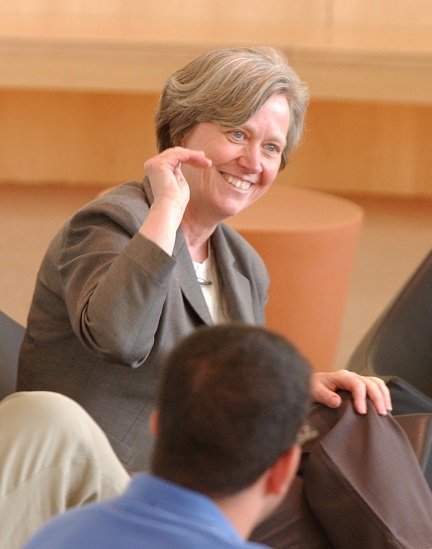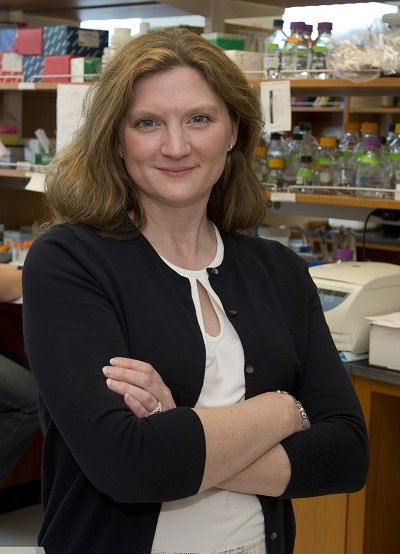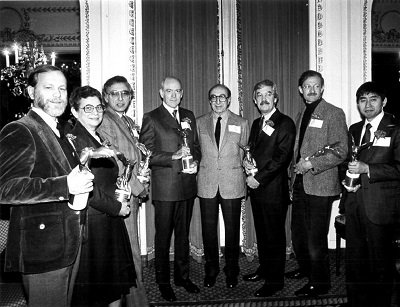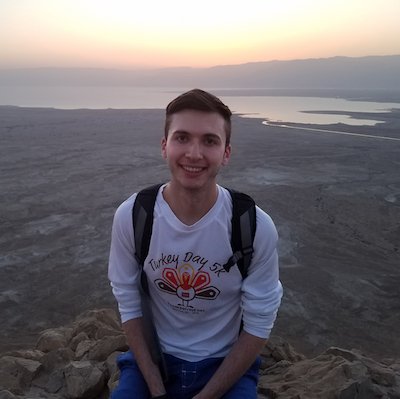Securing the Future of the Biomedical Workforce
For this newsletter, we ask early-career scholars and established leaders in the biomedical field to share their perspectives on the career challenges that many young scientists face today and the special issues concerning women in science. Our interviewees also discuss what inspired them to pursue research, the satisfaction they find in administrative positions, and why communicating scientific advances to the public is important. We invite you to read the interviews below to find out more. As always, your comments and questions are welcome.
Email: info@laskerfoundation.org
If you would like to receive our quarterly newsletter, please subscribe at the bottom of this page.




